This comprehensive review delves into the intricacies of Search Engine Marketing (SEM) within the realm of SEO. Drawing from extensive research, in-depth analysis, and practical insights, this assessment aims to demystify SEM strategies. It explores SEM’s integration with SEO, core techniques, challenges, and the profound impact it holds on the digital marketing landscape.
Introduction: The Synergy of SEM and SEO
- Highlighting the symbiotic relationship between SEM and SEO in digital marketing.
- The evolving landscape of search engine algorithms and user intent.
- Objectives of the review: To dissect SEM strategies, their alignment with SEO, assess their effectiveness, and offer practical guidance for digital marketers.
SEM Core Strategies: A Holistic Guide
- Keyword Research and Targeting: The pivotal role of keywords, advanced keyword research tools, and effective targeting.
- Paid Advertising Campaigns: Strategies for creating and managing pay-per-click (PPC) campaigns.
- Ad Copywriting: Crafting compelling ad copies for maximum impact.
- Bid Management and Budgeting: Techniques for optimizing bidding strategies and budget allocation.
- Quality Score Optimization: Strategies to improve Quality Scores for better ad placement.
- Landing Page Optimization: Enhancing landing page design and content for higher conversion rates.
- Ad Extensions: Utilizing ad extensions for enriched ad content.
- Tracking and Analytics: The importance of analytics tools in measuring SEM success.
Impact on Digital Marketing: The SEM Advantage
- Improved Visibility and CTR: How SEM strategies enhance ad visibility and click-through rates.
- Targeted Audience Reach: Precision in reaching specific demographics and user intent.
- Conversion Rate Enhancement: Techniques to turn ad clicks into conversions.
- ROI Measurement: Key metrics and KPIs for assessing SEM campaign performance.
- Integration with SEO: The holistic approach of aligning SEM and SEO for comprehensive online visibility.
- Challenges in SEM: Addressing common challenges such as rising competition and ad fatigue.

Future Trends and Innovations in SEM
- AI and Machine Learning: The role of AI-driven insights and automation in SEM.
- Voice Search Optimization: Strategies for optimizing SEM campaigns for voice search.
- Local SEM: Navigating the nuances of local SEM for businesses targeting regional markets.
- Video Advertising: The emergence of video as a potent SEM tool.
Empowering Digital Marketers through SEM seo search engine marketing Strategies
Search engine optimization (SEO) has become a crucial component of digital marketing, allowing brands to improve organic visibility and attract targeted visitors to their websites. This in-depth review will analyze the key strategies and techniques that comprise effective SEO, unpacking the considerable impact search engine marketing can have on business success.
An Introduction to Search Engine Optimization
SEO is defined as the process of optimizing a website to achieve higher rankings in search engine results pages (SERPs) for desired keywords. The higher and more frequently a site appears in results for terms relevant to its offerings, the greater the traffic, leads, and conversions it can gain.
SEO encompasses both on-page optimization of content and site architecture as well as off-page optimization through link building, social signals, reviews, and other external factors that search algorithms evaluate. The goal is to make pages appealing and authoritative to search engines like Google so they rank them above competitors.
But SEO is not just about rankings. The most critical aim is to craft highly relevant, informative content and digital experiences tailored to what users are searching for.
On-Page Optimization – The Foundation of SEO
On-page SEO establishes the baseline technical SEO health of a website while also optimizing content for relevance and authority. This includes:
URL Structure: URLs should contain target keywords and be formatted for readability.
Page Speed: Fast load times improve user experience and are favored by search algorithms.
Mobile Optimization: Given rising mobile usage, sites must be optimized for smaller screens.
Schema Markup: Adding structured data via schema improves indexing and display in SERPs.
ALT Tags and Image Optimization: Descriptive ALT text and compressed image files enhance SEO.
Content: Unique, high-quality content with primary and secondary keywords targeted improves relevance.
Internal Linking: Links between related pages signals topic associations to search engines.
HTML Headings and Formatting: Proper heading tags (H1, H2, H3) and content formatting add semantic context.
Outbound Links: Citing credible external sources demonstrates subject matter expertise.
On-page SEO establishes the technical foundation upon which other SEO efforts can thrive. But on its own, it is not enough to guarantee high rankings.
The Critical Role of Off-Page SEO
While on-page SEO sets up a website for success, off-page SEO is where the rubber meets the road. Off-page factors allow sites to gain trust and authority in the eyes of search algorithms. Major off-page SEO components include:
Link Building: Obtaining backlinks from authoritative, relevant sites signals trust and popularity.
Social Media Marketing: Engaging on social platforms like Twitter and LinkedIn can drive interest and traffic.
Reviews and Testimonials: Positive reviews build credibility while driving local SEO.
Press Mentions: Earning media coverage lends 3rd-party validation and brand authority.
Local Listings: Optimized profiles on directories like Google My Business help local ranking.
Brand Mentions: Being mentioned online contributes to brand visibility and domain authority.
Keyword Research: Identifying high-potential search terms that align with offerings.
Succeeding with off-page SEO provides compounding returns, as the more signals a site earns, the higher it tends to rank. But search algorithms favor natural growth in authority over time vs quick manipulation.

SEO Best Practices for Sustainable Results
Effective SEO requires playing the long game of consistently applying best practices. Tactics to avoid include:
Keyword Stuffing: Overloading content with keywords harms readability.
Low-Value Content: Thin, repetitive content adds little informational value.
Link Schemes: Manipulative links from low-quality sites often incur penalties.
Hacking: Shortcuts like invisible text, doorway pages, etc. lead to removal from SERPs.
Instead, sustainable SEO relies on:
Valuable Content: The foundation of SEO is high-quality, in-depth content.
Responsiveness to Trends: Adapting content and keywords to capture trending searches.
Expertise-Building: Becoming a trusted authority earns relevance and citations.
Link Profile Diversification: Obtaining varied, trusted backlinks from a mix of sources.
Technical Upkeep: Maintaining fast site speed, strong architecture, and up-to-date platforms.
Analytics Tracking: Monitoring rankings, traffic, and KPIs allows rapid optimization.
Patience: Committing to SEO for the long-term by avoiding shortcuts.
By sticking to ethical, value-adding SEO strategies, brands can build sustainable search visibility and trust.
The Business Impact of SEO Success
The fruits of well-executed SEO are measurable, manifold, and for many brands, transformative. Ranking high in organic search delivers:
Targeted Traffic: SEO attracts visitors already searching for relevant products or services.
Heightened Visibility: Increased brand awareness and exposure to new audiences.
Lower Acquisition Costs: Organic growth is more cost-effective than paid ads.
Competitive Differentiation: Outranking rivals draws more prospects.
Trust Building: High rankings signal legitimacy and authority.
Lead Generation and Sales: Keyword/content optimization drives conversions.
Improved Customer Experience: On-site enhancements increase user engagement.
Marketing Diversification: SEO strengths reduce reliance on other channels.
The data-driven impact SEO success has on critical growth metrics demonstrates its immense value for any business with an online presence.
Conclusion
This comprehensive analysis makes clear that SEO is now intrinsic to digital marketing success. By leveraging the full breadth of on-page and off-page optimization strategies, brands can unlock unprecedented levels of organic visibility and value. As search algorithms grow more advanced, keeping SEO fundamentals like content quality, technical health, and trust building at the core of efforts is key. With rigorous implementation and patience, you can yield impressive returns – one optimizing initiative at a time.


